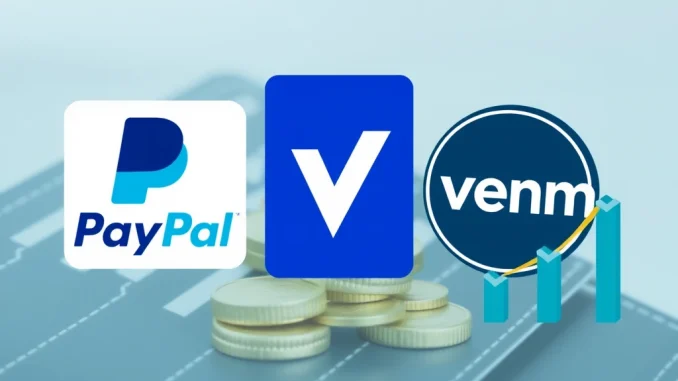
Big news in the digital asset space! If you’re holding PayPal PYUSD, get ready for a new way to potentially grow your holdings. PayPal is rolling out a significant program designed to boost the adoption and utility of its stablecoin.
Unlock Value with PYUSD Yield
Starting this summer, U.S. users will have the opportunity to earn a 3.7% annual yield on their PYUSD stablecoin holdings directly within their PayPal or Venmo wallets. This isn’t just a one-time bonus; the yield will be accrued daily and paid out monthly. It’s a direct incentive to hold and use PYUSD, turning a static asset into an earning one.
Here’s a quick breakdown of the key features:
- Yield Rate: 3.7% annual percentage yield (APY).
- Accrual: Daily.
- Payment Frequency: Monthly.
- Eligibility: U.S. users holding PYUSD in PayPal or Venmo wallets.
- Start Date: Launching this summer.
Why is PayPal Offering Stablecoin Yield?
This move is a clear strategy by PayPal to increase the adoption and utility of its native stablecoin. By offering a competitive yield, they make holding PYUSD more attractive compared to simply holding traditional cash or other digital assets that don’t offer passive income. It encourages users to keep funds within the PayPal ecosystem, facilitating easier payments, transfers, and potentially future crypto integrations.
For users, it presents a simple way to potentially earn on stablecoins they might already be using for transactions or holding as a stable store of value within the volatile crypto market.
Understanding the PYUSD Yield Program
Earning a yield on a digital asset like PYUSD functions similarly to earning interest in a traditional savings account, but within the crypto framework. The 3.7% APY means that over a year, you could potentially earn 3.7% of your average PYUSD balance. The daily accrual ensures that even if you hold for short periods, you are earning a portion of the yield.
This program is integrated directly into the familiar PayPal and Venmo interfaces, aiming to make participation easy and accessible for users who may not be deeply involved in decentralized finance (DeFi) protocols where earning yield on stablecoins is common but often more complex.
Benefits of Earning on Stablecoins Like PYUSD
Offering yield on PYUSD brings several advantages:
- Passive Income: Earn rewards on assets that might otherwise sit idle.
- Ease of Access: Participate directly through existing PayPal or Venmo apps.
- Stable Value: PYUSD is designed to maintain a stable value relative to the U.S. dollar, offering more predictability than volatile cryptocurrencies like Bitcoin or Ethereum while still providing an earning opportunity.
- Increased Utility: Makes holding PYUSD more attractive for users.
Considerations for PayPal Crypto Users
While earning yield is attractive, users should be aware of the terms and conditions of the program once it launches. Factors to consider include:
- Minimum holding requirements (if any).
- Any potential fees associated with holding or transferring PYUSD.
- Understanding that yield rates can change over time.
- The inherent risks associated with stablecoins and the platforms holding them, although PYUSD is issued by a regulated entity (Paxos) and PayPal is a major financial company.
This initiative by PayPal marks a significant step in bringing crypto yield opportunities to a mainstream audience through widely used platforms. It lowers the barrier to entry for users looking to earn on stablecoins without navigating complex crypto exchanges or DeFi protocols.
Conclusion
PayPal’s introduction of a 3.7% yield on PYUSD holdings for U.S. users is a strategic move to drive stablecoin adoption and provide value to its users. By allowing users to earn on stablecoins directly within their familiar wallets, PayPal is making passive income in the crypto space more accessible. As the program rolls out this summer, it will be interesting to see how it impacts PYUSD usage and holding patterns within the PayPal and Venmo ecosystems, potentially setting a precedent for other mainstream financial platforms.



